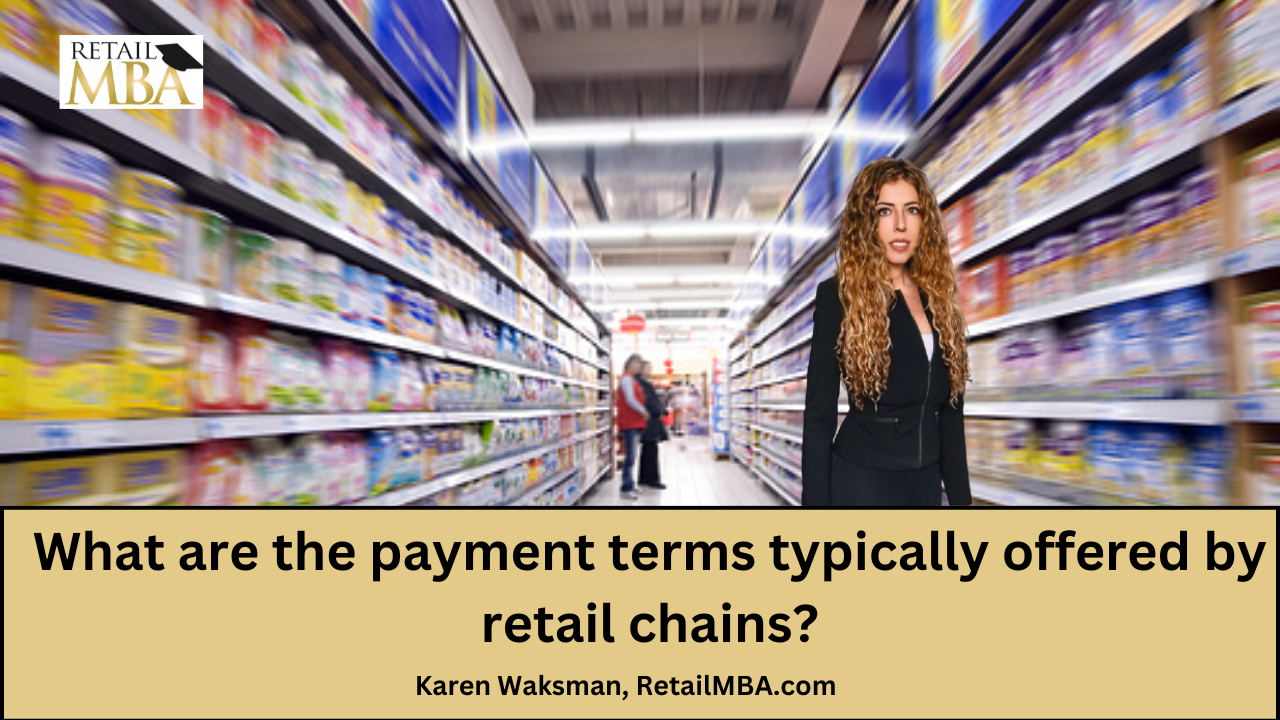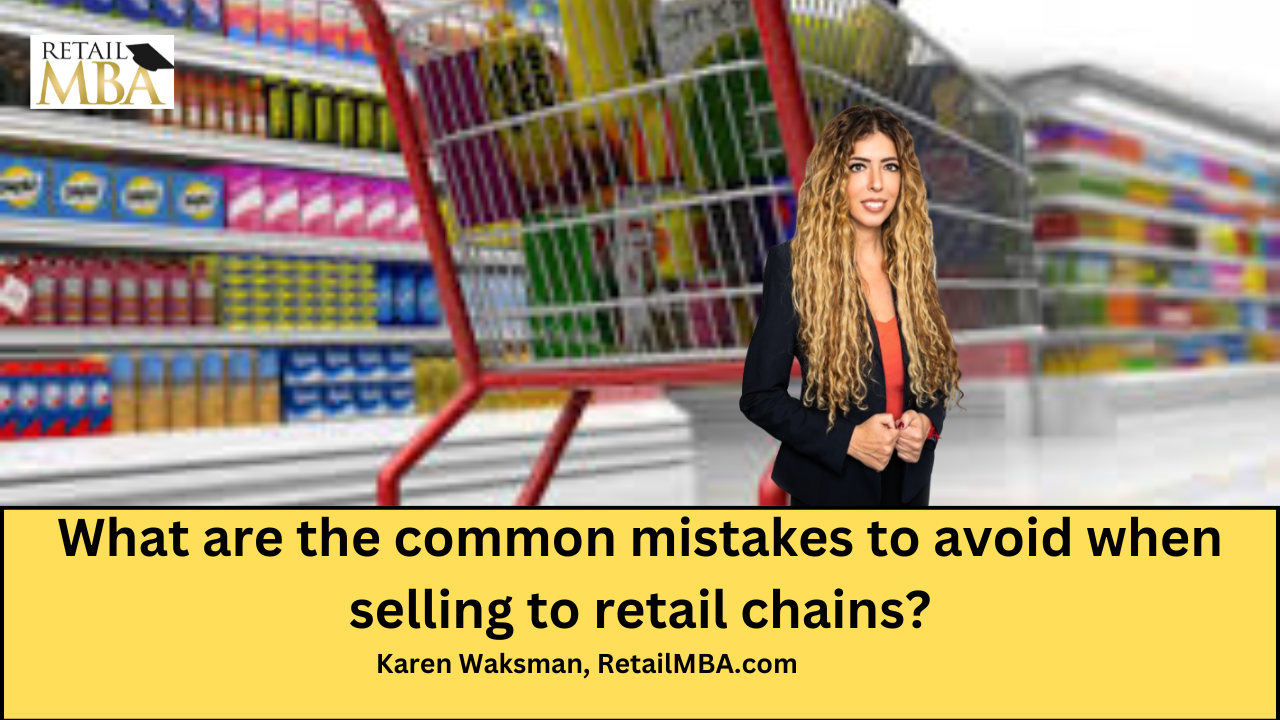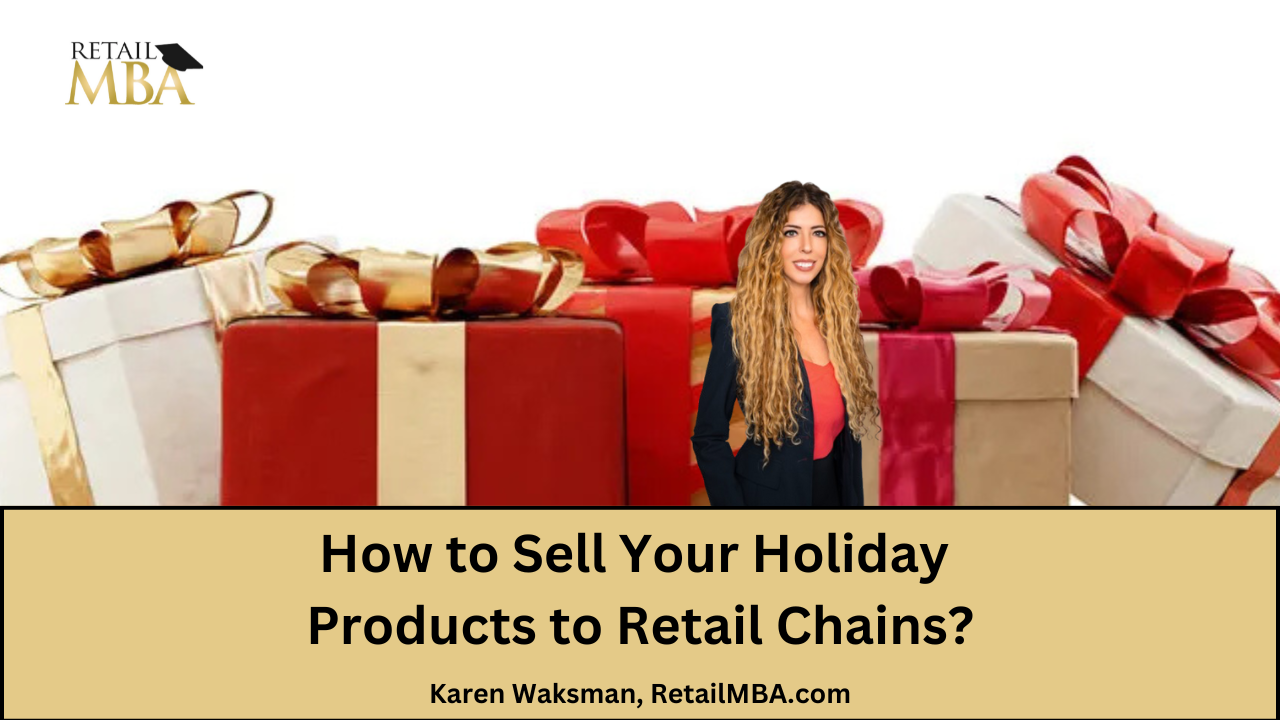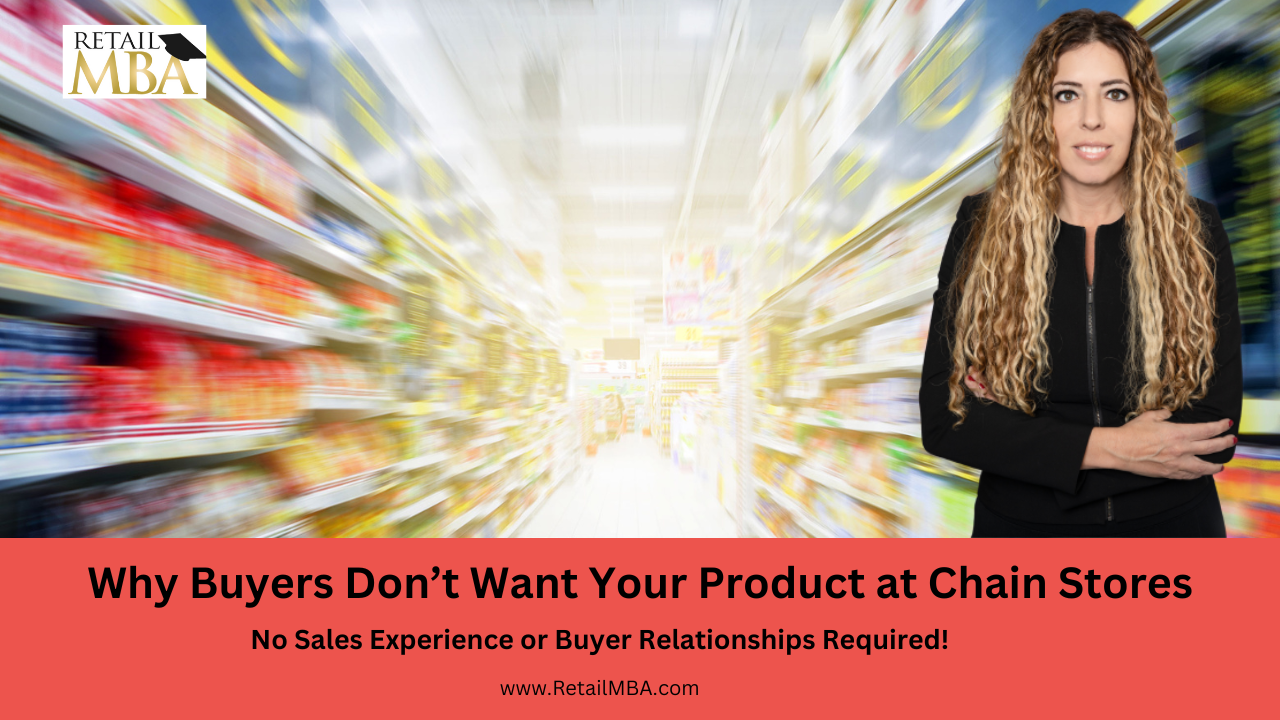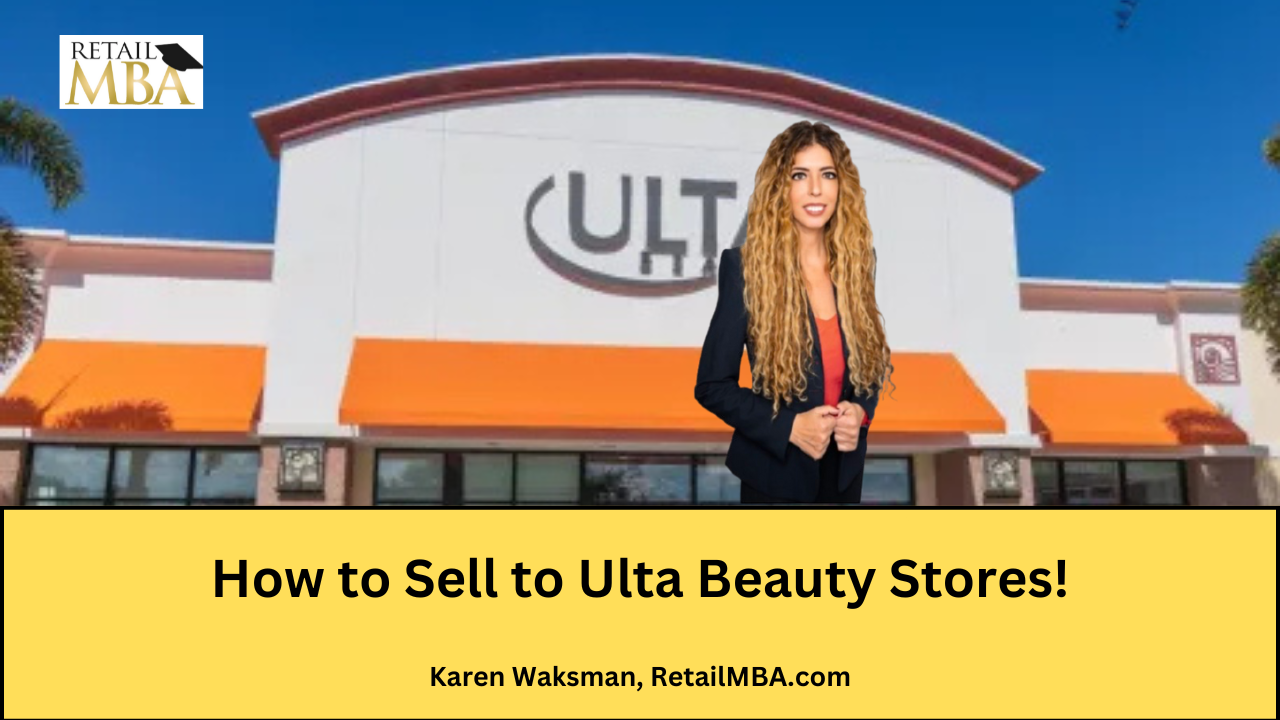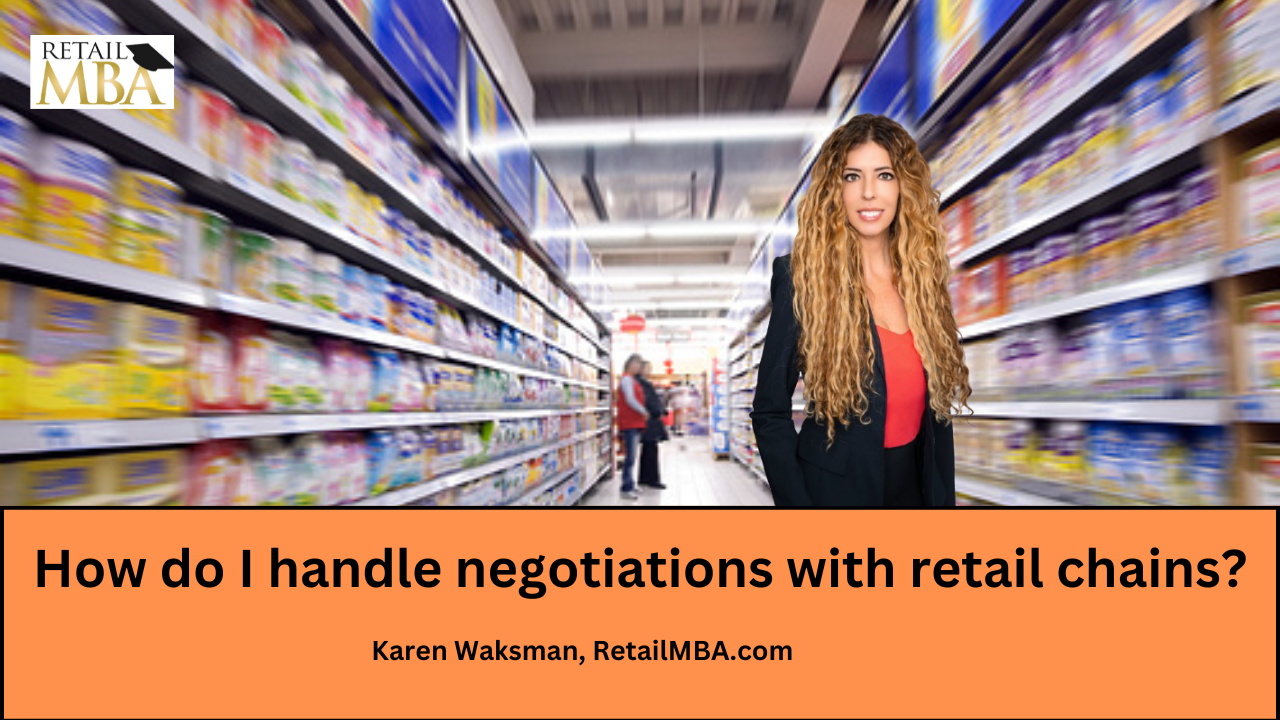Wholesale Business

The Challenges and Risks of a Wholesale Business
Wholesale is an effective way to reach new customers. It enables you to easily identify best sellers and customer demographics through an effective reporting system.
Wholesalers purchase goods at a discount directly from manufacturers and sell them to retailers at wholesale pricing, providing businesses with an option that helps prevent supply chain disruptions.
Cost-effectiveness
Wholesale is an effective strategy for businesses looking to maximize profits while keeping overhead costs to a minimum. This business model involves purchasing and selling goods wholesale to retailers who then resell them directly to consumers – an effective way of expanding your customer base and sales without investing heavily in it. But before starting up any wholesale operations of your own, it’s essential that you understand its challenges and risks in detail before embarking on such ventures yourself.
Wholesale offers several advantages over retail, such as lower operating costs, less risk, and access to a wider market. A wholesaler can purchase bulk raw materials that reduce overall costs per product, as well as use their purchasing power to negotiate discounts with suppliers that could make a major impactful difference on profitability of each product.
Wholesalers should prioritize customer relationships and outstanding customer service as a key strategy to fostering long-term business relationships, leading to repeat purchases and referrals from existing customers. Furthermore, they can reduce marketing expenses by focusing on core competencies – this allows them to compete against established brands while simultaneously building their foothold in the industry.
Small and midsized businesses alike can reap many advantages of wholesale sourcing for themselves, including improved profit margins, lower inventory costs and smooth logistics operations. Food manufacturers can use bulk purchasing to obtain high-quality ingredients at more competitive prices; additionally, wholesale sourcing’s scalability allows businesses to adapt as their businesses expand – including outsourcing fulfillment needs to third-party fulfillment providers such as ShipBob’s robust API platform with its powerful EDI solution which automates order flow automation capabilities.
Wholesale sales often feature much higher average order values and are more profitable. This is due to wholesalers purchasing in large volumes to receive substantial discounts that they can pass onto their customers more easily. Furthermore, these wholesalers benefit from lower shipping costs since items won’t need to be sent individually to various destinations.
Scalability
As a business owner, your goal should be to quickly expand your company. Wholesale is an effective way of increasing revenue without spending a great deal of money on marketing, while encouraging internal efficiencies which can help make you more profitable – forcing you to view processes objectively and streamline creative tasks. It is crucial that there be a system in place for processing orders, shipping items and managing inventory efficiently while making sure everything reaches consumers in a timely fashion.
When selling wholesale, it is vital to establish your production capacity and minimum order quantity (MOQ). Your goal should be to meet all retailer demands while still making a profit margin that allows for healthy profit growth. Furthermore, setting up a pricing strategy may help determine an ideal wholesale price point.
Selling wholesale also gives you the power to expand your customer base globally by eliminating the need for multiple retail stores in different countries. Just make sure you have a trustworthy logistics partner to handle international shipping and deliveries!
Though many might mistake wholesale ecommerce as being something from the past, its growth over the past years has been phenomenal. More and more companies are entering this industry each day; therefore it is crucial that everyone understands its pros and cons before entering this type of business model.
One common misperception about wholesale ecommerce is that to get started you need an enormous sum of startup capital. While this may be true, there are other methods for starting an online wholesale business and we will explore some of them here.
Wholesale ecommerce can be an excellent option for small businesses and entrepreneurs looking to expand their company. It provides several advantages, such as low start-up costs and a higher average order value; additionally it can serve as a way of testing products before making long-term commitments.
High average order value
Wholesale businesses usually boast higher average order values than retail businesses due to customer buying habits; retail customers tend to purchase individual products while wholesale buyers buy in bulk, providing greater sales and profits for small items sold wholesale businesses with lower overhead costs and thus helping maintain healthy profit margins.
One of the key elements to running a successful wholesale business is maintaining an effective distribution network. Wholesalers should have enough warehouse space and be able to efficiently move product from distributors to retailers quickly. In addition, having access to quality customer service staff who can address questions or resolve issues as soon as they arise is also key to its success.
Another key consideration in wholesaler selection is location. Wholesalers should choose areas with high foot traffic such as main streets or malls that will facilitate customers easily finding what they are searching for, as well as nearby other businesses that can help promote their goods.
To succeed in wholesale business, setting prices based on profit margins and market research is critical to its success. SaleHoo’s Pricing Calculator can help you set wholesale prices that reflect all these aspects – your desired profit margin, cost of the product and market value are all taken into consideration by this tool.
At the core of it all lies having an excellent relationship with your supplier. Wholesalers depend heavily on their suppliers for providing them with products for selling; so it is crucial that they are reliable and produce quality items. A positive rapport can also help negotiate discounts or special deals that benefit both parties involved.
Once your business is established, the next step should be marketing its wholesale products. Wholesale marketing differs from retail marketing in that potential clients should contact you directly rather than social media for marketing your wholesale goods. It’s also crucial that your products have an online presence via a website showcasing them and trade publications or local networks can advertise your offerings as well.
Competition
Wholesale businesses generally rely on long-term contracts with customers, guaranteeing them a consistent revenue stream and giving them an edge over retail businesses that typically compete on price alone. Furthermore, wholesale businesses can leverage economies of scale and lower operating costs to offer competitive prices to build loyal customer bases that generate higher average order values and ultimately improve their bottom lines.
At present, wholesalers face increased competition from direct-to-consumer brands and other distributors that provide products directly to consumers. This increased pressure has necessitated adopting new processes and technologies; one such tool that can help manage complex tasks more efficiently while freeing up staff to focus on other tasks is automation tools that allow staff members to do other jobs.
Automation tools can significantly cut inventory management and shipping costs by automating stock level tracking, processing orders, including shipping and logistics operations, communicating with all stakeholders through emails or self-service portals, as well as automatically communicating with all parties involved in order fulfillment – providing wholesalers with savings of both time and money while minimizing human error risk.
Rising competition from direct-to-consumer (D2C) brands and wholesalers has caused retailers to streamline their operations and focus on customer experience, including cutting costs and improving delivery infrastructure. Unfortunately, it can be challenging for them to do this effectively: in order to remain ahead of the pack they must offer a diverse product selection with timely deliveries that yield high profit margins – this process must continue at all costs in order to remain profitable.
Wholesalers must invest in building their brand and forging relationships with manufacturers and suppliers to gain access to the newest products and gain a competitive advantage within their industry. Furthermore, their supply chain must be resilient against sudden shifts in demand in order to be prepared for unexpected disruptions like Covid-19 pandemic response while improving fulfilment capabilities.
Wholesalers need to quickly recognize and address potential problems with their suppliers. A supplier might miss delivery deadlines or send the wrong product, which can have serious repercussions for business; to minimize this risk, wholesalers must work with reliable partners who ensure orders are filled on time with high quality fulfillment.
Step-by-step training on how to sell to retail chains!
We explain exactly how to do that and how to get started today. I’ve taught over 100,000 of companies over the years across the globe on how to get your products to the stores. And so we’re here to support you. Or please subscribe to our Youtube channel and or be on the lookout for additional training that we create.
We are here to expedite the process of generating revenue with your physical products and that’s what we’re all about. Take a look at our advanced training, live events, certification programs and so much more.
In this training, I will discuss some of the things to think about when approaching a retailer to sell your products and become a vendor. Hope it helps! 🙂
Karen Waksman,
Retail MBA
Questions? Contact Us!
1-855-Retail-2 (Call or Text)
Email: info@retailmba.com
Retail MBA provides a step-by-step formula on How to Sell to Major Retailers, Online Retailers, Smaller Retailers, Catalogs and More. No Experience Required! These solutions continue to convert for clients year-over-year! These are Time-Tested and Proven Strategies that we utilize ourselves when going after stores! Everything we teach, we test. Want access to these formulas? ANY one of our programs and coaching systems gives you access to them now. With that said…
Here are 5 Easy Ways to Work with Us:
1) Free Training – If You Would Like to Join Our Next FREE Webinar Training Called “Retail Chain Store Secrets – How to Sell to Major Retail Chains. No Experience Required” Then Sign Up NOW To Learn All About Selling into Retail Chains By Clicking Here!
2) Retail MBA Year Long Coaching and Training System – Our Year Long Coaching and Training System with Karen Waksman is POWERFUL! This is our most popular training and coaching system! We walk you through how to approach, pitch and sell to retail chains and we coach you along the way! Join us by Clicking Here!
3) Masterclass Intensives – Want to Join our Next 4 Week Elite Retail MBA Masterclass Intensive? These Intensives Are EPIC for people who Love Fast Paced Learning – Homework, Retail Coaching, Developing Your Strategy, Buyers Contacts and More! These Events Are Held Every Quarter. Join us by Clicking Here!
4) Done-for-You Program – If You Want Karen Waksman and Her Team to Reach Out to Your Top Dream Retail Chains On Your Behalf – And You Have a Retail-Ready Product, Check Out our Epic Done-For-You Service by Clicking Here!
5) In Person Events – If You Want to Learn LIVE and Meet Karen Waksman in Person at Our Next “America’s Next Retail Product: LIVE Event with Other Like-Minded Individuals in Beautiful San Diego, CA! We Would LOVE to Have You Join Us by Clicking Here!

Check Out Our Additional Blog Posts Here:
Retail Terms
Retail Terms – What are the payment terms typically offered by retail chains? Click Here to Learn More!
Retail Vendor
Retail Vendor – What are the common mistakes to avoid when selling to retail chains? Click Here to Learn More!
How to Sell Your Holiday Products to Retail Chains
New Training on How to Sell Your Holiday Products to Retail Chains
Why Buyers Don’t Want Your Product at Retail
Why Buyers Don’t Want Your Product
Ulta Beauty Vendor
Ulta Beauty Vendor – How to Sell to Ulta Beauty Stores. Click Here to Learn More!
Retail Strategy
Retail Strategy – How do I handle negotiations with retail chains? Click Here to Learn More!

